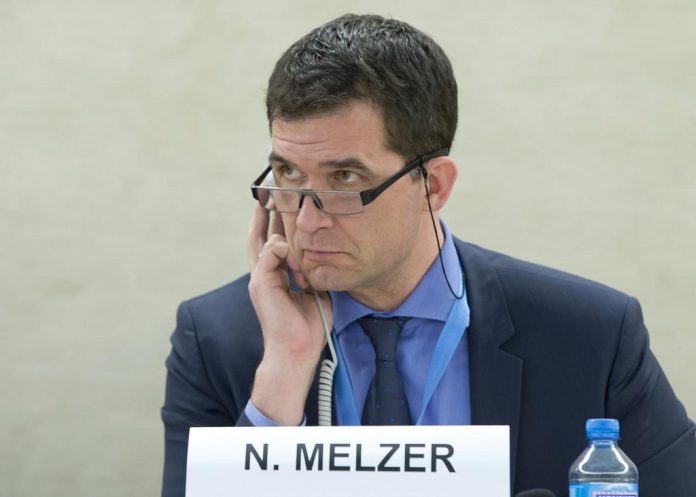The United Nations’ special rapporteur on torture, Nils Melzer, warned that the global community has failed to learn lessons of the Second World War.
During an interview with the Guardian – to mark the 70th anniversary of Universal Declaration of Human Rights, Melzer said the global community had become “complacent” in the face of injustice because the world no longer understood why human rights should be protected or what the world would look like without them.
“I don’t think it’s a coincidence that 70 years after world war two, when the last witnesses of past atrocities are dying away, we start to see human rights being questioned on a broad scale,” said Melzer, a Swiss law professor who assumed the UN post in 2016.
“The generation that had the answer is almost gone. They left behind the Universal Declaration of Human Rights for us, but it is as if its message is no longer understood, and it looks like we will have to learn the same lesson the hard way again.”
As reported by the Guardian, Melzer pointed to the grave human rights violations occurring in key migration routes as proof that the global community now considers human rights a “luxury” instead of a right.
“If European countries are paying Libya to deliberately prevent migrants from reaching the safety of European jurisdiction, we’re talking about complicity in crimes against humanity because these people are knowingly being sent back to camps governed by rape, torture and murder,” said Melzer.
The first major dismantling of human rights began after 9/11, said Melzer, who worked for the International Committee of the Red Cross (ICRC) at the time. He said that the “global war on terror” saw the use of torture increasingly tolerated in public opinion as well as in mainstream entertainment.
He also described the global erosion of human rights as just one crisis among many, from migration and the environment to financial instability, energy, poverty and cyber security.
Melzer added: “We must understand that, in a world full of globalised challenges, human rights are the very basis for our safety, stability and prosperity, and that any significant erosion of these rights will cause the collapse of our modern civilisation.
“The good news is that people are starting to realise that it is time for all of us to take responsibility. In a world where everyone has access to the internet, we have the means to communicate globally and change our collective awareness faster than ever in history.”

